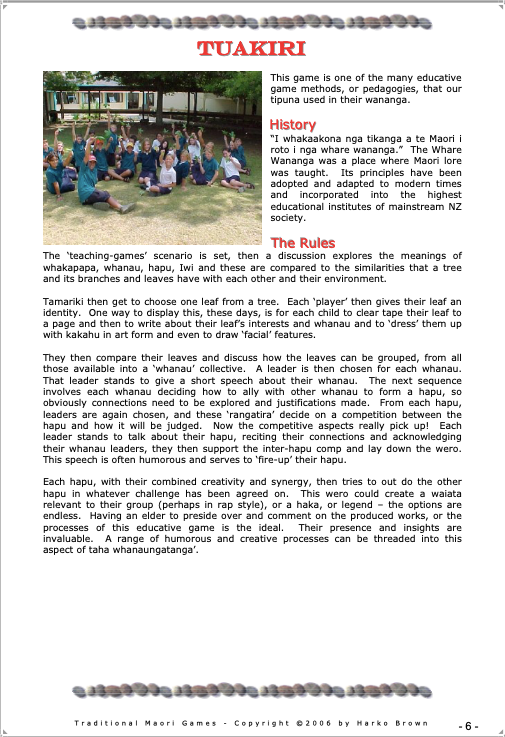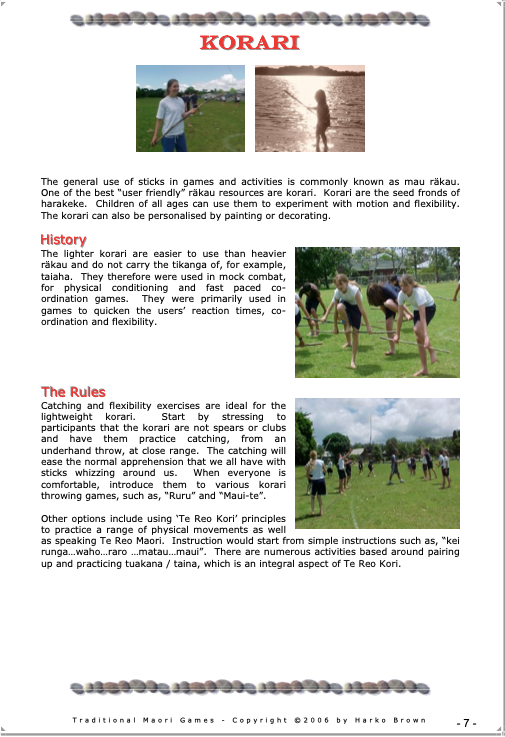7F1 Global Studies
Section outline
-
Tēnā tātou, Ko Logan tēnēi,
Nau mai, haere mai ki te akoako mō te tau.
Hello and welcome to your Global Studies online page for 2022. Our first learning context for the year is ‘tūrangawaewae’ - this will supply you with the understanding and ability to deepen your connection to our local, national and global community as someone who calls Aotearoa New Zealand their home in 2022.
We will be dedicating some time to learning a class waiata called ‘Ko te Waipounamu’ from one of my own iwi Rangitāne ki Wairau. Also, you will begin exploring your whakapapa tātai (genealogy) and you will use this research to construct your own pepeha (using the guide I provide you with. The reason for these two projects is they will play a big part in our visit to Te Wānanga o Ōwairoa later in the term.
So… that’s the outline, and I look forward to getting to know you and your whānau over the next 4 terms!
Ahakoa he iti, he pounamu
-
 Tūrangawaewae as foundation
Tūrangawaewae as foundationTūrangawaewae is one of the most well-known and powerful Māori concepts. Literally tūranga (standing place), waewae (feet), it is often translated as ‘a place to stand’. Tūrangawaewae are places where we feel especially empowered and connected. They are our foundation, our place in the world, our home
Marae as tūrangawaewae
King Tāwhiao’s granddaughter, Te Puea Hērangi, fulfilled this saying when she established Tūrangawaewae marae at Ngāruawāhia. A person’s marae (tribal forum for social life) is often seen as their tūrangawaewae. For each person, the marae is the place where their ancestors are present, where they spend their formative years and learn important lessons. They gain the right to stand upon their marae and proclaim their views about the world and life.
Pepeha – tribal sayingsTūrangawaewae can include other places as well. Many tribes identify themselves in terms of their mountains, waterways and important ancestors. When Ngāti Koata identify themselves, they say:
Ko Maungatapu te maunga
Ko Mahitahi te awa
Ko Ngāti Koata te iwi.
Maungatapu is the mountain
Mahitahi is the river
Ngāti Koata is the people.
Here, the sense of tūrangawaewae is broadened into a region and located within a wider world.
https://sites.google.com/mhjc.school.nz/trangawaewae-nghere-year-7s-20/home -

What is Tikanga?
Tikanga is a guide on how to do things the best way.
Tikanga doesn’t just happen. Every situation has some form of tikanga.
How to do a job the best way took a long time to work out. At first people tried to do something and probably failed. Then they tried again and again until they found the best way to do it. Then they could pass on this information to someone else.
But remember that not much stays the same so if you are on the spot you know about changes and can adapt to find new best ways.
Tikanga is different for every whānau, hapū and iwi.
Each big family or hapu has its own tikanga because each hapu has a rohe or boundaries that includes land and sea. Learning all the important parts of your place takes a lot of exploring and time to sit down to get to know your home.
https://sites.google.com/mhjc.school.nz/trangawaewae-nghere-year-7s-20/home/tikanga
-

At the beginning of any formal hui (gathering), following the pōwhiri (formal welcome) or the mihi whakatau (a welcome), a round of introductions and speeches – or mihimihi – usually occurs. During this time, people will stand and share a little bit about where they come from and who they are (their pepeha); many also share significant parts of their whakapapa tātai (genealogy). If you are Pakeha (of European descent) or Tauiwi (of non-Māori and non-European descent) – it can be difficult to figure out answers to the different parts – “I don’t have a mountain!” It is quite a different way of thinking, so the challenge is to give the process a fair go and be willing to learn from it. If you are Māori and do not know the answers immediately, that can feel hard and disorientating. Try to sit in this tension and let the process be an opportunity to discover new things. Kia kaha.
https://sites.google.com/mhjc.school.nz/trangawaewae-nghere-year-7s-20/home/pepeha -

- WALT...
- recognise and identify the pōwhiri process and the language associated with this process.
At the beginning of any formal hui (gathering), following the pōwhiri (formal welcome) or the mihi whakatau (a welcome), a round of introductions and speeches – or mihimihi – usually occurs. During this time, people will stand and share a little bit about where they come from and who they are (their pepeha); many also share significant parts of their whakapapa tātai (genealogy). If you are Pakeha (of European descent) or Tauiwi (of non-Māori and non-European descent) – it can be difficult to figure out answers to the different parts – “I don’t have a mountain!” It is quite a different way of thinking, so the challenge is to give the process a fair go and be willing to learn from it. If you are Māori and do not know the answers immediately, that can feel hard and disorientating. Try to sit in this tension and let the process be an opportunity to discover new things. Kia kaha.
https://sites.google.com/mhjc.school.nz/trangawaewae-nghere-year-7s-20/home/pepeha
-
Kua rere te manu; Kua ngā rangi o te ao e rere ana
The bird has flown its nest – it is free to fly the skies of the world New directions, initiatives, and horizons
Āta whakaaro -

Takaro/Play
‘Taumatawhakatangihangakoauauotamateaturipukakapikimaungahoronukupokaiwhenuakitanatahu
This is a memory word game. The different variations are also called by the word recited but generally today the above name applies.
History
Memory type games are numerous and have always been popular. This version of the game is a modern adaptation of the famous place name:
‘Taumatawhakatangihangakoauauotamateaturipukakapikimaungahoronukupokaiwhenuakitanatahu’
which means -
'the summit of the hill, where Tama tea, who is known as the land eater, slid down, climbed up and swallowed mountains, played on his nose flute to his loved one’.
The Rules
Players divide into two teams. A smallish defined area is chosen. A 10-metre square or round court area is ideal. One player from the reciting team stands stationary on a boundary line or the circle of the defined area while all of the other team spread out within it. The reciter takes one big breath and then in a clear and audible voice they start to recite the name of the game without stopping for breathe while chasing their opponents to try and tag them. Any players who are tagged must leave the court. When the reciter has just about run out of breath they leave the court, whereby the next reciter enters the court where their team mate left it. If a reciter takes a breath on court, or gets the word wrong, an opposing player can come back on. The reciter must still leave the court. The game continues until everyone has been tagged or when a predetermined time has elapsed.
-
Poi Rakau is one of a multitude of traditional games that use räkau artefacts. The räkau used in the pictorial demonstrations are korari, the seed fronds, of the harakeke.
Such games as ‘Poi Räkau’ were in essence warrior-training games. They kept reflexes sharp and promoted quick thinking – important attributes in handto-hand combat. All manner of sticks and branches were used in räkau games, some even intricately carved.
One person stands in the middle (putahi) of a circle that is formed with 6 or more players. Everyone stands about 3-5 paces from the person in the putahi (see photo below). There is usually trepidation by everyone to begin with, it is not every game that you get sticks thrown at you! The ‘Putahi’ starts the game by throwing the korari upright to someone in the circle. That person catches the korari with one hand, keeps it upright, and then quickly hand passes it (not throws it), using either the left (maui) or right (matau) hand, to a person immediately to their left or right. The person who receives it then throws it, upright, back to the person in the middle. A fast-paced co-operative game is played to a rhythmical beat or an appropriate waiata. The ‘Putahi’ throws randomly and speedily, turning quickly to catch and then throw the korari. Depending on their skill levels, the catchers can add difficulty by keeping their hands behind their backs until the korari is thrown to them. When the Putahi feels comfortable using one korari, they can try using two, then three korari (see picture above) to quicken the game up and keep everyone literally on their toes. An extremely skilful game requires fast reflexes and quick thinking. Keeping three korari in motion is a difficult motor skill and needs total concentration.
-
EXPLORE / TŪHURA learning intentions:
- We are EXPLORING the tikanga of Pōwhiri and then connecting this to the specific kawa of Pōwhiri on Tainui marae
- We are EXPLORING the place of Matariki through rangahaua Te Tātai Arorangi
- We are EXPLORING Te Ao Mārama to recognise the Māori worldview

WALT....
- We are EXPLORING the tikanga of Pōwhiri and then connecting this to the specific kawa of Pōwhiri on Tainui marae
- We are EXPLORING the place of Matariki through rangahaua Te Tātai Arorangi
- We are EXPLORING Te Ao Mārama to recognise the Māori worldview
-
EXPLORE / TŪHURA learning intentions:
- We are EXPLORING the tikanga of Pōwhiri and then connecting this to the specific kawa of Pōwhiri on Tainui marae
- We are EXPLORING the place of Matariki through rangahaua Te Tātai Arorangi
- We are EXPLORING Te Ao Mārama to recognise the Māori worldview

WALT....
- We are EXPLORING the tikanga of Pōwhiri and then connecting this to the specific kawa of Pōwhiri on Tainui marae
- We are EXPLORING the place of Matariki through rangahaua Te Tātai Arorangi
- We are EXPLORING Te Ao Mārama to recognise the Māori worldview
-
EXPLORE / TŪHURA learning intentions:
- We are EXPLORING the tikanga of Pōwhiri and then connecting this to the specific kawa of Pōwhiri on Tainui marae
- We are EXPLORING the place of Matariki through rangahaua Te Tātai Arorangi
- We are EXPLORING Te Ao Mārama to recognise the Māori worldview

WALT....
- We are EXPLORING the tikanga of Pōwhiri and then connecting this to the specific kawa of Pōwhiri on Tainui marae
- We are EXPLORING the place of Matariki through rangahaua Te Tātai Arorangi
- We are EXPLORING Te Ao Mārama to recognise the Māori worldview
-
EXPLORE / TŪHURA learning intentions:
- We are EXPLORING the tikanga of Pōwhiri and then connecting this to the specific kawa of Pōwhiri on Tainui marae
- We are EXPLORING the place of Matariki through rangahaua Te Tātai Arorangi
- We are EXPLORING Te Ao Mārama to recognise the Māori worldview

WALT....
- We are EXPLORING the tikanga of Pōwhiri and then connecting this to the specific kawa of Pōwhiri on Tainui marae
- We are EXPLORING the place of Matariki through rangahaua Te Tātai Arorangi
- We are EXPLORING Te Ao Mārama to recognise the Māori worldview
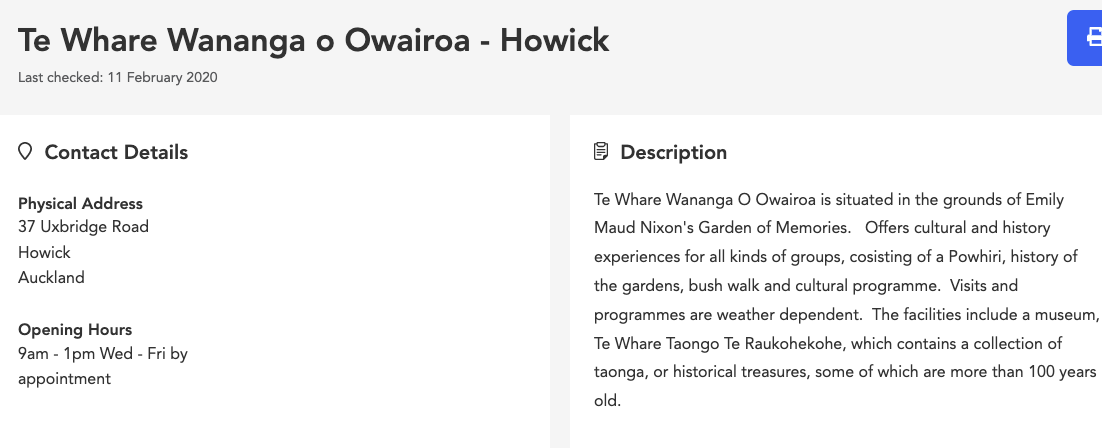
-
EXPLORE / TŪHURA learning intentions:
- We are EXPLORING the tikanga of Pōwhiri and then connecting this to the specific kawa of Pōwhiri on Tainui marae
- We are EXPLORING the place of Matariki through rangahaua Te Tātai Arorangi
- We are EXPLORING Te Ao Mārama to recognise the Māori worldview
-
EXPLORE / TŪHURA learning intentions:
- We are EXPLORING the tikanga of Pōwhiri and then connecting this to the specific kawa of Pōwhiri on Tainui marae
- We are EXPLORING the place of Matariki through rangahaua Te Tātai Arorangi
- We are EXPLORING Te Ao Mārama to recognise the Māori worldview
-
EXPLORE / TŪHURA learning intentions:
- We are EXPLORING the tikanga of Pōwhiri and then connecting this to the specific kawa of Pōwhiri on Tainui marae
- We are EXPLORING the place of Matariki through rangahaua Te Tātai Arorangi
- We are EXPLORING Te Ao Mārama to recognise the Māori worldview
-
EXPLORE / TŪHURA learning intentions:
- We are EXPLORING the tikanga of Pōwhiri and then connecting this to the specific kawa of Pōwhiri on Tainui marae
- We are EXPLORING the place of Matariki through rangahaua Te Tātai Arorangi
- We are EXPLORING Te Ao Mārama to recognise the Māori worldview
-
EXPLORE / TŪHURA learning intentions:
- We are EXPLORING the tikanga of Pōwhiri and then connecting this to the specific kawa of Pōwhiri on Tainui marae
- We are EXPLORING the place of Matariki through rangahaua Te Tātai Arorangi
- We are EXPLORING Te Ao Mārama to recognise the Māori worldview
-
EXPLORE / TŪHURA learning intentions:
- We are EXPLORING the tikanga of Pōwhiri and then connecting this to the specific kawa of Pōwhiri on Tainui marae
- We are EXPLORING the place of Matariki through rangahaua Te Tātai Arorangi
- We are EXPLORING Te Ao Mārama to recognise the Māori worldview
-
EXPLORE / TŪHURA learning intentions:
- We are EXPLORING research to analyse the question: why do we have a Commonwealth Games?
- We are EXPLORING the Tourism industry in Aotearoa-New Zealand to discover how we represent ourselves to the world, compared with our social and environmental reality in order to recognise how those representations connect, and to analyse why they might be different in some cases.
-
EXPLORE / TŪHURA learning intentions:
- We are EXPLORING research to analyse the question: why do we have a Commonwealth Games?
- We are EXPLORING the Tourism industry in Aotearoa-New Zealand to discover how we represent ourselves to the world, compared with our social and environmental reality in order to recognise how those representations connect, and to analyse why they might be different in some cases.
Kia ora...
Success Criteria:
understand the origins and purpose of the commonwealth games
Activities:
- Forgotten Legends investigation
- Ko wai tātou? [Who are we?] - looking at how we represent ourselves at the Commonwealth Games and in other international contexts.
-
REFLECT / WHAIWHAKAARO learning intentions:
- We are REFLECTING...
EXPLORE / TŪHURA learning intentions:
- We are EXPLORING research to analyse the question: why do we have a Commonwealth Games?
- We are EXPLORING the Tourism industry in Aotearoa-New Zealand to discover how we represent ourselves to the world, compared with our social and environmental reality in order to recognise how those representations connect, and to analyse why they might be different in some cases.
Kia ora...
Success Criteria:
to explain the importance of the NZ tourism industry to our futures.
Activities:
- Ko wai tātou? stage 1 of our investigation - the NZ tourism industry
-
REFLECT / WHAIWHAKAARO learning intentions:
- We are REFLECTING...
Kia ora...
Success Criteria:
To reflect on the image that our Tourism industry uses to represent the 'wonders' of our nation
Activities:
- Top reasons to visit NZ
- Working in the Tourism sector
Further Learning:
See google classroom - review slides etc -
REFLECT / WHAIWHAKAARO learning intentions:
- We are REFLECTING...
Kia ora...
Success Criteria:
To understand the importance of being pono, and practicing āwhinatanga in regard to our diversity inA-NZ
Activities:
https://docs.google.com/presentation/d/1ilrW6AKNBCllSBmIatMDhV5g_hQ51dGPNL5zK9whpS8/edit?usp=sharing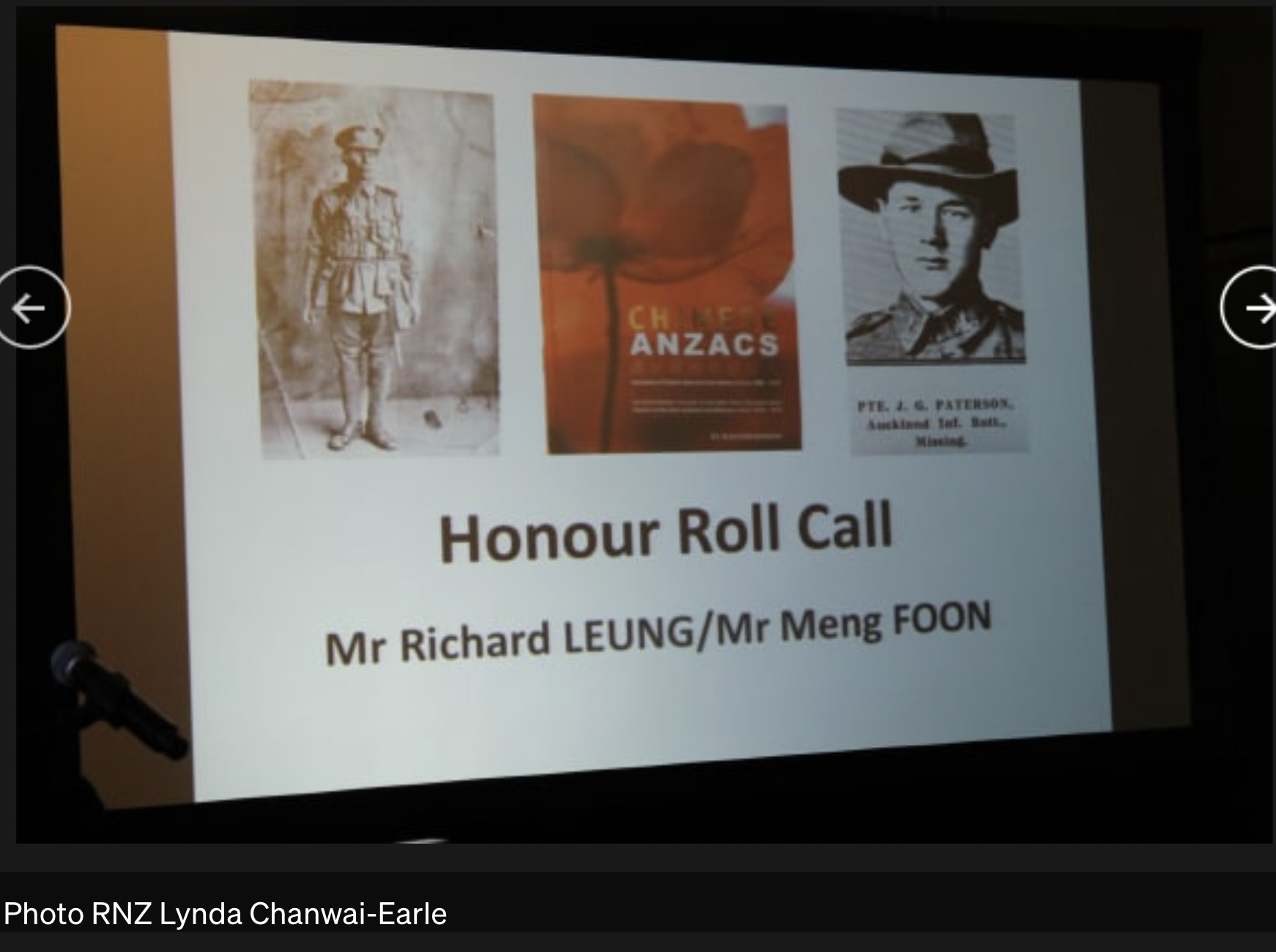
-
Kia ora...
Success Criteria:
Selected your first event for a 'Kia Mana Ake' tourism experience from the slides about Early Chinese migration.
Activities:
- Independent exploration of 'Ehara taku toa i te toa takatini...'
REFLECT / WHAIWHAKAARO learning intentions:
- We are REFLECTING...
-
Kia ora...
Success Criteria:
Designed the first stop on your Google Earth journey
Activities:
- Kia Mana Ake tourism experience phase 1
REFLECT / WHAIWHAKAARO learning intentions:
- We are REFLECTING...
-
REFLECT / WHAIWHAKAARO learning intentions:
- We are REFLECTING...
Kia ora...
Success Criteria:
Designed the first stop on your Google Earth journey
Activities:
- Kia Mana Ake tourism experience phase 1
-
REFLECT / WHAIWHAKAARO learning intentions:
- We are REFLECTING...on our Kia. Mana Ake Tourism research
-
Kia ora...nau mai haere mai ki ngā waananga taatou.\
This term we will be looking at where the power lies in our society and why. The short answer is: "the answer is different, for different people". But, that can't be the whole story!!
We will look to NZ's official establishment as a bicultural nation in Te Tiriti o Waitangi and seek to understand the reasons why this document is so important in terms of power in A-NZ and also begin to understand the key lessons to learn around how we interpret the Treaty today and why.
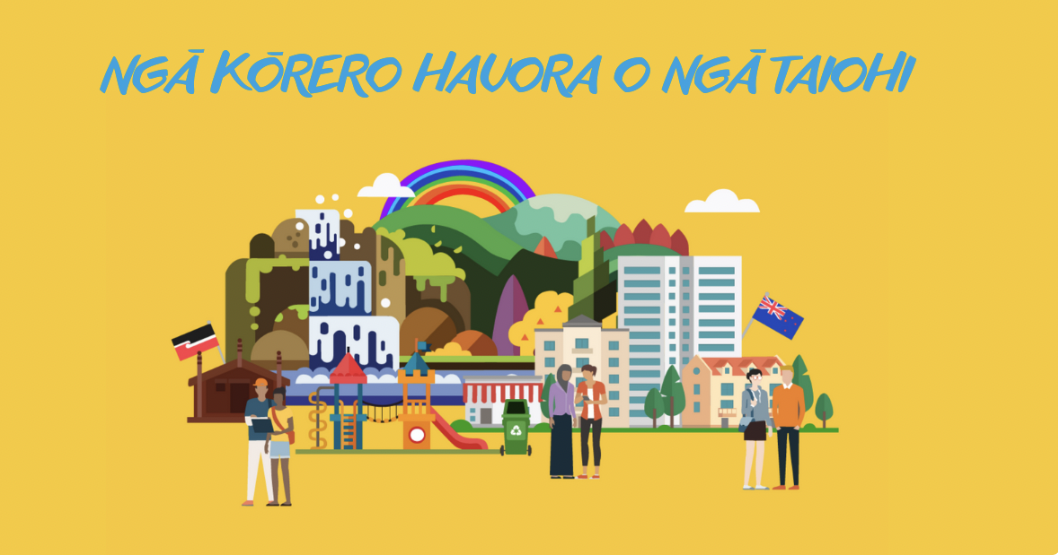
Success Criteria:
To understand the significance and influence of Articles 1 & 2 of Te Tiriti o Waitangi in regard to power in A-NZ society.
Inquiries:
- The Invasion of the Waikato in 1863
- The establishment of the Waitangi Tribunal in 1975
Further Learning:
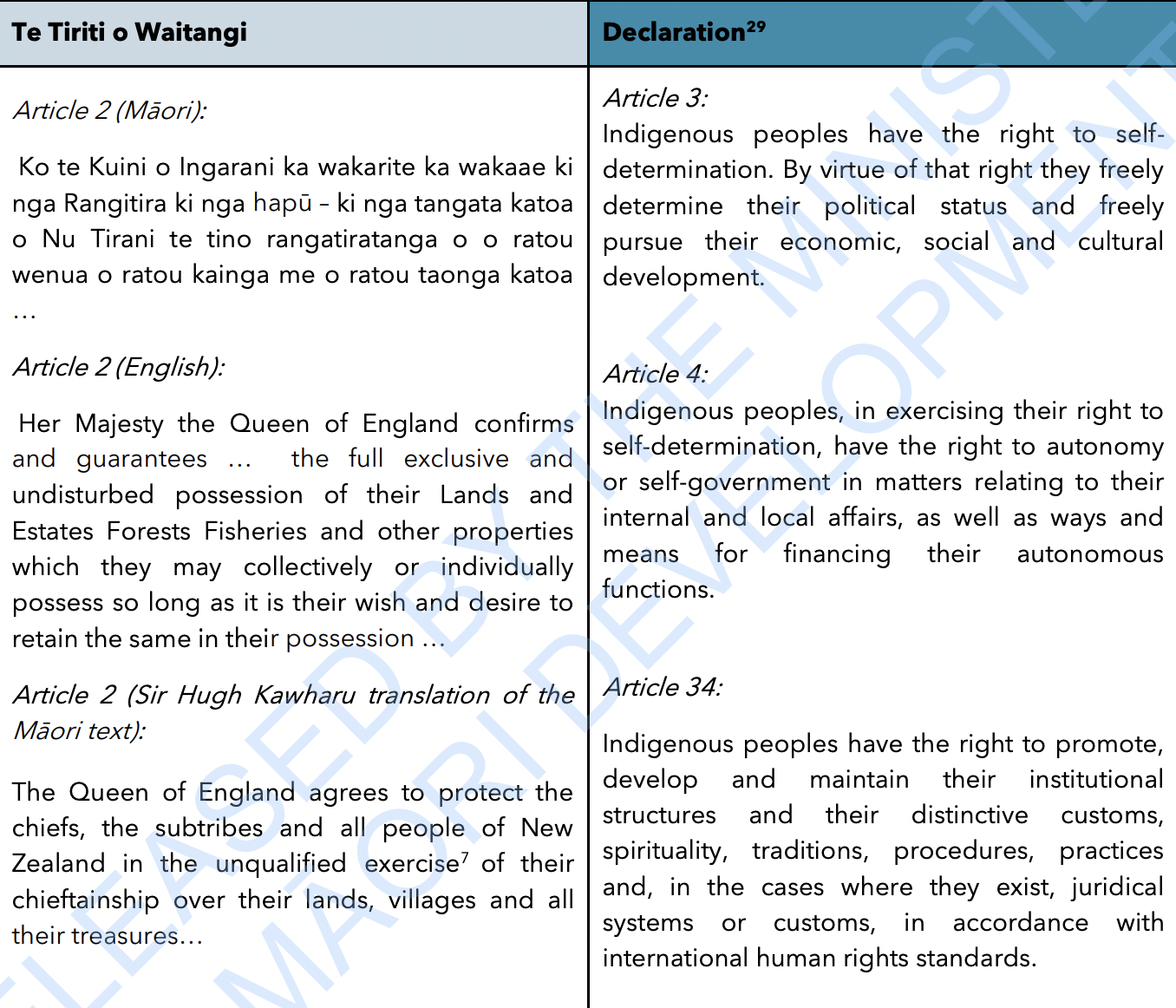
-
Kia ora...nau mai haere mai ki ngā waananga taatou.\
This term we will be looking at where the power lies in our society and why. The short answer is: "the answer is different, for different people". But, that can't be the whole story!!
We will look to NZ's official establishment as a bicultural nation in Te Tiriti o Waitangi and seek to understand the reasons why this document is so important in terms of power in A-NZ and also begin to understand the key lessons to learn around how we interpret the Treaty today and why.

Success Criteria:
To understand the significance and influence of Articles 1 & 2 of Te Tiriti o Waitangi in regard to power in A-NZ society.
Inquiries:
- The Invasion of the Waikato in 1863
- The establishment of the Waitangi Tribunal in 1975
Further Learning:
-
Kia ora...nau mai haere mai ki ngā waananga taatou.\
This term we will be looking at where the power lies in our society and why. The short answer is: "the answer is different, for different people". But, that can't be the whole story!!
We will look to NZ's official establishment as a bicultural nation in Te Tiriti o Waitangi and seek to understand the reasons why this document is so important in terms of power in A-NZ and also begin to understand the key lessons to learn around how we interpret the Treaty today and why.

Success Criteria:
To understand the significance and influence of Articles 1 & 2 of Te Tiriti o Waitangi in regard to power in A-NZ society.
Inquiries:
- The Invasion of the Waikato in 1863
- The establishment of the Waitangi Tribunal in 1975
Further Learning:
-
First, we will be aiming to situate ourselves within the study - the reasons for this are communicated in the whakataukī:
"Inā kei te mohio koe ko wai koe, i anga mai koe i hea, kei te mohio koe, kei te anga atu ki hea"
If you know who you are and where you are from, then you will know where you are going
Kimihia te mea ngaro - seek what has been lost
Further Learning:

To understand the significance and influence of Articles 1 & 2 of Te Tiriti o Waitangi in regard to power in A-NZ society.
Inquiries:
- The Invasion of the Waikato in 1863
- The establishment of the Waitangi Tribunal in 1975
-
"Inā kei te mohio koe ko wai koe, i anga mai koe i hea, kei te mohio koe, kei te anga atu ki hea"
If you know who you are and where you are from, then you will know where you are going
Loaded: 90.75%Remaining Time 1:51Kimihia te mea ngaro - seek what has been lost
Further Learning:

To understand the significance and influence of Articles 1 & 2 of Te Tiriti o Waitangi in regard to power in A-NZ society.
Inquiries:
- The Invasion of the Waikato in 1863
- The establishment of the Waitangi Tribunal in 1975
-


